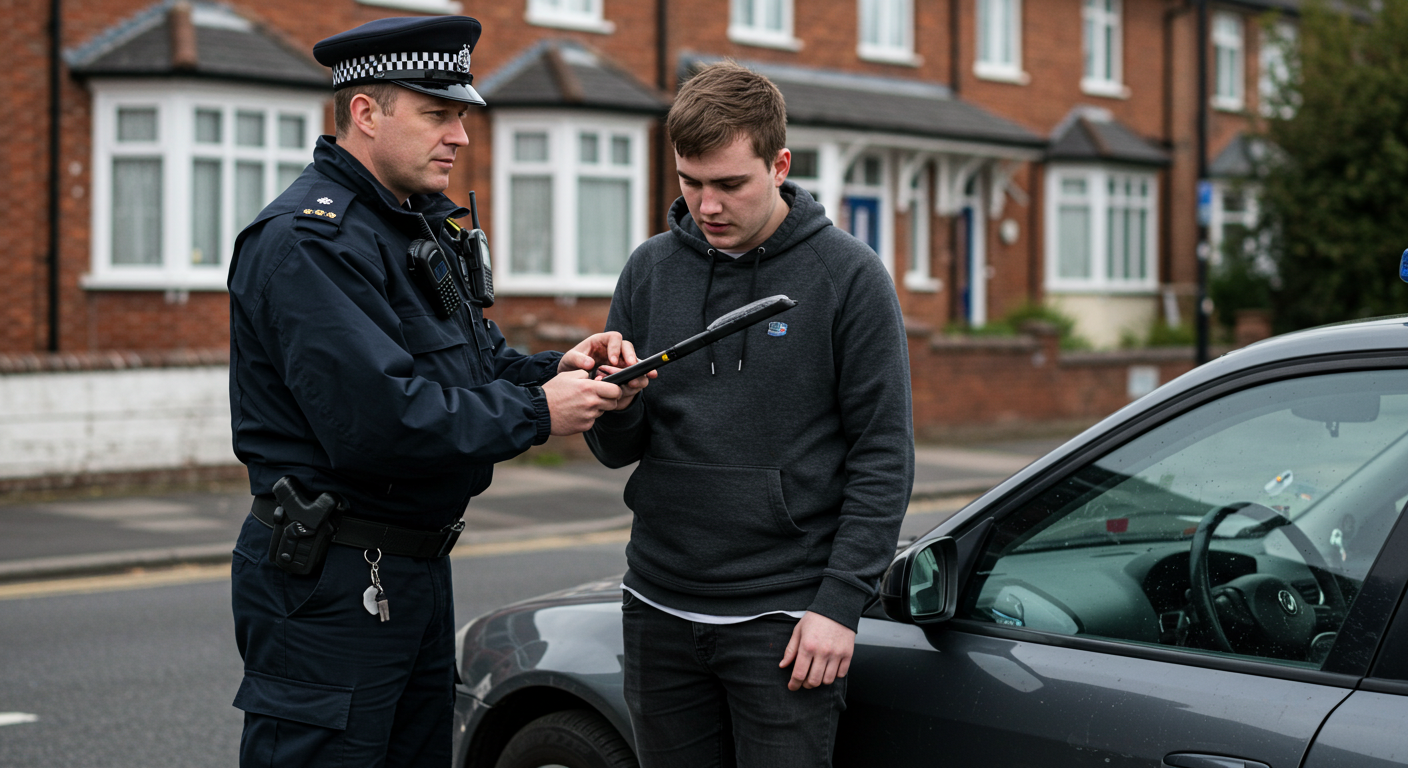Can the Police Legally Track Your Phone? What You Need to Know

Can the Police Legally Track Your Phone? What You Need to Know
A common question is, can the police legally track your phone? The answer depends on the situation. In most cases, law enforcement requires a warrant or authorisation under laws such as the Investigatory Powers Act. However, in emergencies—such as when someone is in immediate danger—the police may track a phone without prior approval.
Understanding your rights when it comes to mobile phone tracking is essential. If you have concerns about privacy or legal procedures, seeking expert legal advice can help clarify your position and ensure your rights are protected.
How Do the Police Track Phones?

- Cell Site Analysis – Phones connect to the nearest mobile tower when making calls or using data. Police can use cell site data to estimate your location within a certain radius.
- GPS Tracking – If GPS is enabled, your location can be pinpointed with high accuracy. Police can request access to this data from network providers.
- Phone Pinging – The police can send a request to a mobile network to ‘ping’ a phone, forcing it to reveal its location.
- IMSI Catchers (Stingrays) – These devices mimic mobile towers, tricking phones into connecting and exposing their location.
- Accessing App Data – Many apps collect location data. Law enforcement can request records from Google, Apple, or other tech companies.
When Can the Police Track Your Phone?
1. With a Court Order or Warrant
- Serious criminal investigations
- National security threats
- Terrorism or organised crime cases
2. In Emergency Situations
- A person is missing or in danger
- There is an immediate risk to life
3. If Your Phone is Stolen
4. Through Covert Surveillance
 Counter-terrorism operations
Counter-terrorism operations Serious financial crimes
Serious financial crimes Major drug investigations
Major drug investigationsCan the Police Track Your Phone Without Telling You?

Can You Prevent Your Phone from Being Tracked?
 Disable Location Services – Turning off GPS can reduce tracking.
Disable Location Services – Turning off GPS can reduce tracking. Use Aeroplane Mode – This disconnects your phone from networks.
Use Aeroplane Mode – This disconnects your phone from networks. Remove Your SIM Card – Without a SIM, tracking via mobile networks is impossible.
Remove Your SIM Card – Without a SIM, tracking via mobile networks is impossible. Turn off Wi-Fi & Bluetooth – These signals can also reveal your location.
Turn off Wi-Fi & Bluetooth – These signals can also reveal your location. Use Encrypted Messaging – Apps like WhatsApp offer more privacy.
Use Encrypted Messaging – Apps like WhatsApp offer more privacy.Your Rights Under UK Law

 Request Information – Under the Data Protection Act 2018, you can ask whether authorities hold data about you.
Request Information – Under the Data Protection Act 2018, you can ask whether authorities hold data about you. Challenge Surveillance – A solicitor can help challenge unlawful tracking.
Challenge Surveillance – A solicitor can help challenge unlawful tracking. File a Complaint – Complaints can be made to the Investigatory Powers Tribunal (IPT).
File a Complaint – Complaints can be made to the Investigatory Powers Tribunal (IPT).Can the Police Legally Track Your Phone? Know Your Rights and Legal Protections
Notice: Informational Content Disclaimer
The content provided on this website, including articles, blog posts, and other informational materials, is intended for general informational purposes only. It is not intended as, and should not be considered, legal advice.
Visitors to this website should be aware that the information presented here is not a substitute for seeking legal advice from a qualified solicitor or legal professional. Each individual's legal situation is unique, and the information provided may not be applicable to specific circumstances.
If you require legal advice or have specific legal questions, we encourage you to contact us directly. Our experienced team of solicitors is here to assist you with your legal needs and provide tailored advice to address your concerns.
Please be advised that any communication through this website, including the use of contact forms or email, does not create a solicitor-client relationship. Confidential or time-sensitive information should not be sent through this website. To establish a solicitor-client relationship and discuss your legal matters in detail, please contact us for a consultation.
We strive to provide accurate and up-to-date information, but we make no representations or warranties regarding the accuracy, completeness, or suitability of the information contained on this website. We shall not be liable for any reliance placed on the information provided herein.
Thank you for visiting our website. We look forward to the opportunity to assist you with your legal needs.




